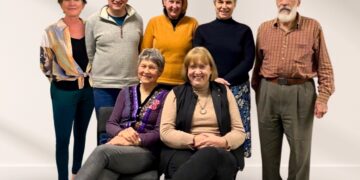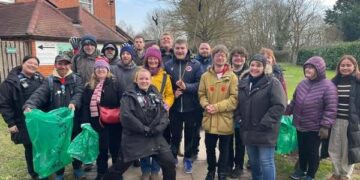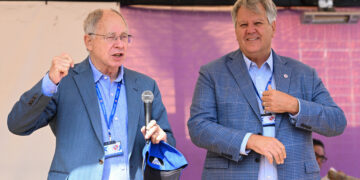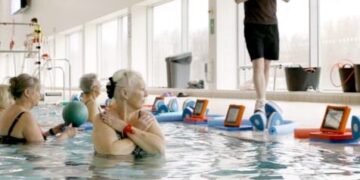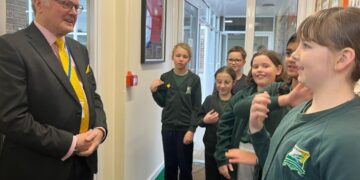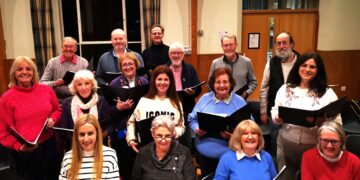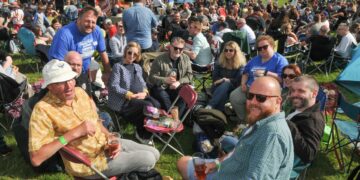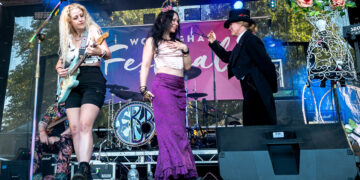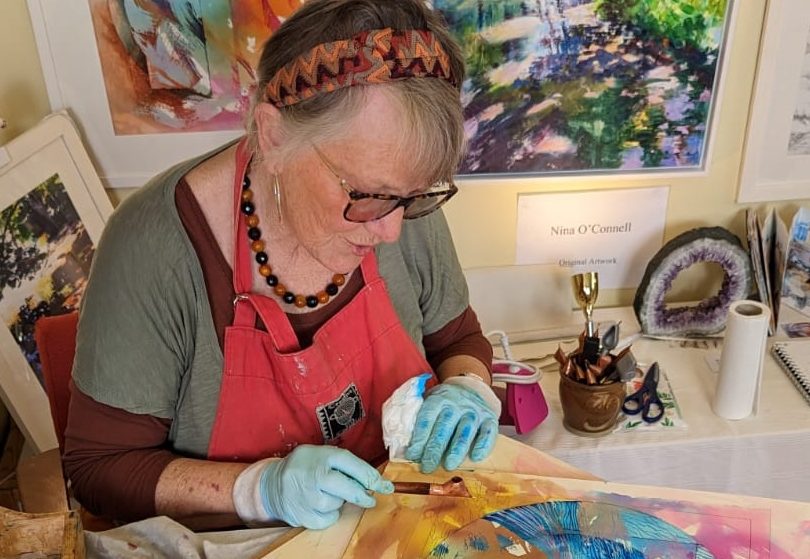ART LOVERS will take a behind-the-scenes look at an arts showcase, which is returning for the 23rd time this June.
Whiteknights Studio Trail takes place from June 10-11, and will see visitors welcomed into open studios and venues housing the 37 participating creatives.
Works will be presented in a variety of media, ranging from video, painting, printing, glass making, carpentry and sound.
The event adopts a distinctly ‘green’ theme, with several artists finding intriguing ways of showing how they are responding to the climate crisis and are inspiring others to do their bit to tackle the issue.
One such artist is Nina O’Connell, whose colourful batik paintings will be on display at The Museum of English Rural Life – Venue 5. Her contemporary works are founded on the beauty of the natural world and attempt to convey her concern for the environment.
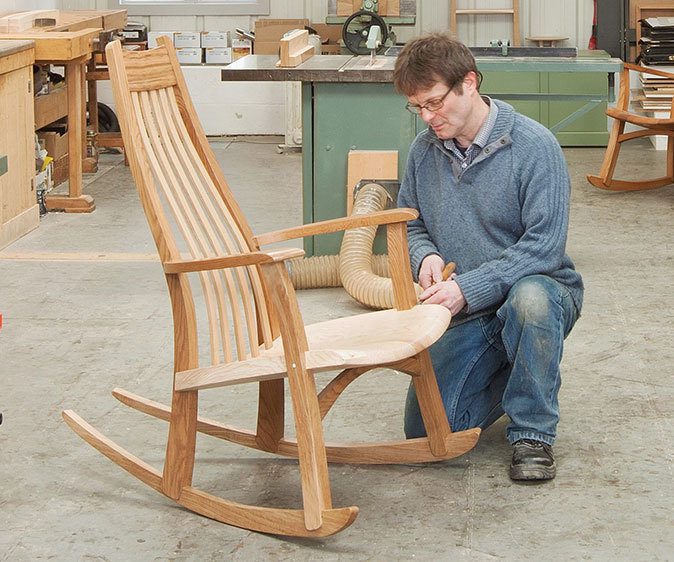
She said: “The result can often make my heart sing. My love of experimentation and unintentional outcomes speaks to me as an echo of the current state of affairs in the world.”
Ms O’Connell works with the experimental qualities of wax resist batik which allows for both a degree of precision and the excitement of unexpected outcomes with the vibrant dyes.
Venue 9, Jenny Halstead’s Garden, will present The Butterfly Effect – a community art installation made from up-cycled materials, while Venue 14 will house the Hope for the Planet exhibition.
Hosted by Jonathan Dewsbury, one of the UK’s top 100 environmental professionals, artists will highlight the role young people play in the battle against climate change.
Featured projects include: Fantastical Maps and hangings from the Fantastical Forest, co-created by arts and well-being charity Cambridge Curiosity and Imagination and young people, Phyto-Froms by Natasha V Moody and samples works from budding artists from Manchester School of Art.
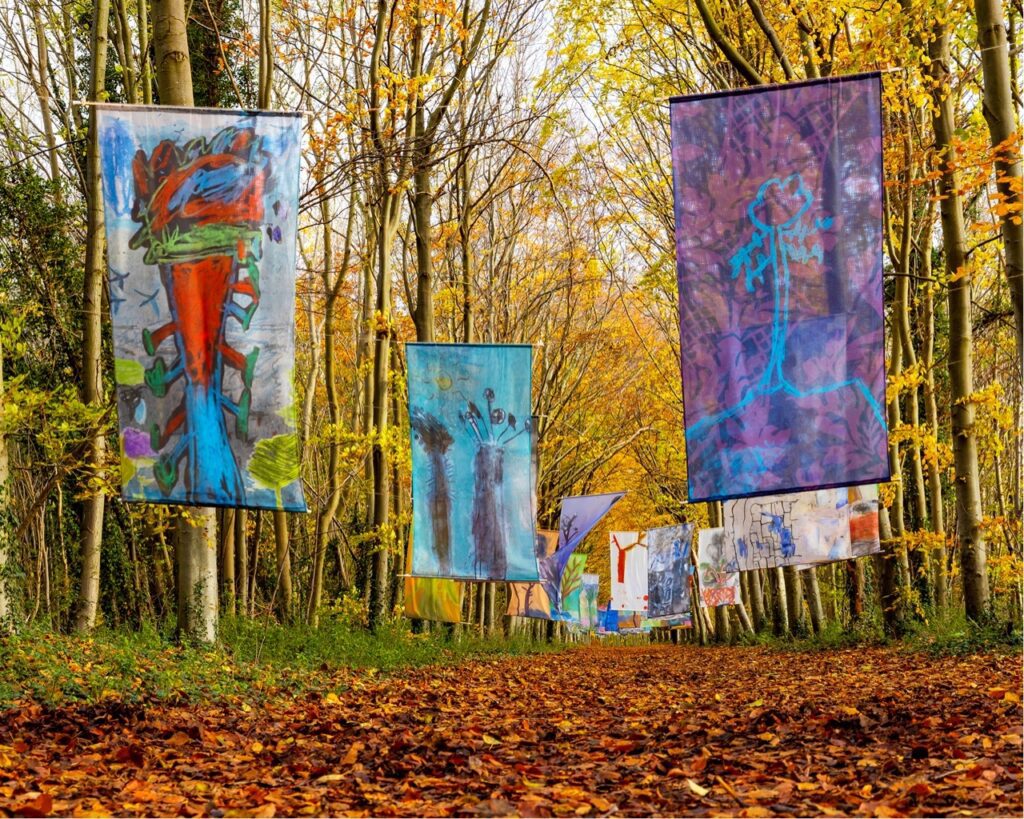
Mark Ripley, whose work will be on display at Venue 5, has a degree in furniture design and has run workshops since the 1980s. His work is inspired by English vernacular furniture covering a wide range of domestic pieces, installations and public works.
He is now focussing on chair making and smaller commissions from his Hampshire Studio.
Mr Ripley said: “Valuing the qualitative aspects of the things we use fosters a low consumption lifestyle. Coupled with this is the wood itself.
“I have always bought sustainably sourced timber and the materials will be replaced two or three times at least in the lifetime of the object.
“Making things in wood is also a carbon sink which reduces the emissions of allowing trees to die and rot or burning dead wood.
“My studio is simply equipped and requires very little energy to run. A lifelong commitment to these principles is a personal contribution to a sustainable way of being.”
All venues are open from 11am-6pm on both days, with parking available at the University of Reading’s Whiteknights campus.
For more information, visit: www.studiotrail.co.uk






